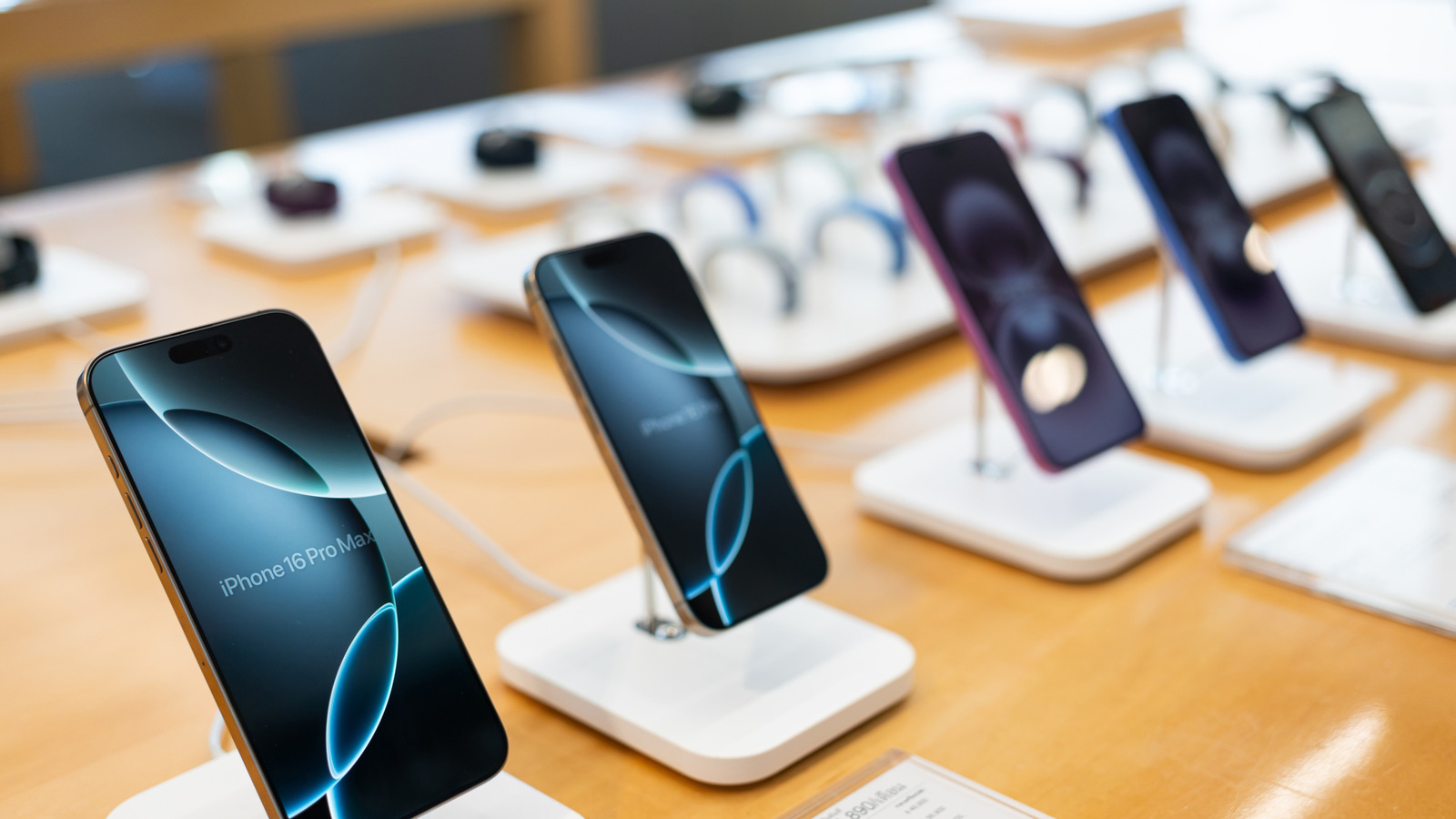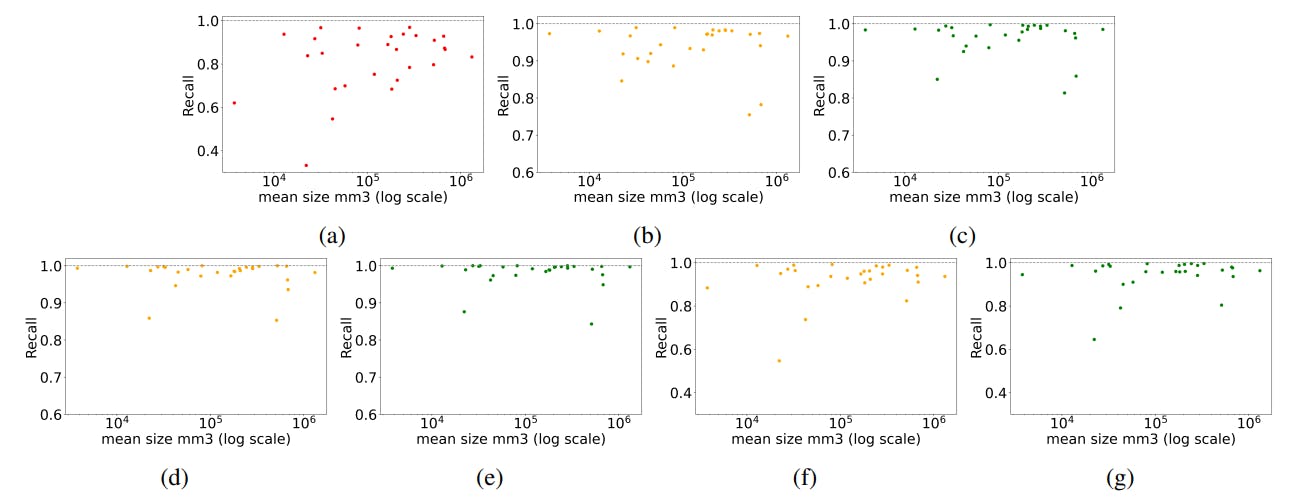A group that infiltrated Microsoft’s headquarters building this week disputed the company’s account of the incident — describing their sit-in as nonviolent and saying the “listening devices” allegedly left behind were phones that fell from their pockets when they were arrested.
“As Brad himself admits, if someone were to plant listening devices, this is not how they would do it,” said Hossam Nasr, one of the leaders of the group No Azure for Apartheid, referring to comments made by Microsoft President Brad Smith after seven members of the group occupied his office Tuesday afternoon. “If anything, we would like our phones back, please.”
The group, which is calling on Microsoft to cut ties with Israel over the alleged use of its technology against Palestinians in Gaza, also disputed the company’s assertion that its members do not represent elements of its workforce, and questioned the sincerity of Microsoft executives in addressing the issues the protesters have raised.
The comments at a Thursday press conference came shortly after Microsoft said it fired two additional employees — bringing the total this week to four — in connection with their actions in recent protests on the Redmond campus.
The company said in a statement that the workers “were terminated due to serious violations of established company policies and our code of conduct, including participating in recent on-site demonstrations that created significant safety concerns for our employees.”
The statement added, “We are continuing to investigate the conduct on our campus and work with law enforcement to help ensure the safety of all our employees,” noting that “such conduct is entirely unacceptable and stands in direct opposition to our company values and policies.”
During the occupation on Tuesday, protesters made their way into the building at Microsoft’s Redmond headquarters where CEO Satya Nadella and other top executives work. Inside Smith’s office, they locked arms, chanted “Free Palestine,” livestreamed their actions on Twitch, and put furniture against the door while demanding talks with company leadership.
After resisting security personnel, seven protesters were removed by Redmond police and arrested on charges including trespassing, obstruction, and resisting arrest.
Outside, another group of protesters was able to temporarily raise a Palestinian flag on one of the flagpoles outside Microsoft’s nearby Executive Briefing Center.

Twenty protesters were arrested the prior week, on Wednesday, Aug. 20, after refusing to disperse from an encampment that they created for a second day in front of the Microsoft sign in the company’s East Campus plaza, which they covered in red paint to symbolize blood.
Speaking this week, Smith cited the company’s commitment to upholding its human rights principles and terms of service in the Middle East; maintaining a culture of trust and open dialogue with its employees; and keeping the workplace safe and secure.
He acknowledged the human toll of the conflict, citing the 1,139 people killed in the Oct. 7 Hamas attack in Israel and the 61,000 civilians who have died in Gaza, and said Microsoft’s role is “to provide technology in a principled and ethical way.”
At the same time, Smith said the protesters’ actions were not acceptable.
“Obviously, when seven folks do as they did today, storm a building, occupy an office, lock other people out of the office … that’s not OK,” he said. While Microsoft respects lawful freedom of expression, he said, the company also needs to keep its private workplace safe and secure.
The group on Thursday disputed the characterization that it stormed the building. Nasr said their sit-in was “completely nonviolent” and that Microsoft responded with “brute force, repression, retaliation and lies.”
A larger point of contention is the effectiveness of internal dissent and debate. Smith said Tuesday that Microsoft has a “culture of trust with our employees” and that executives read employee feedback and take it seriously.
Smith told reporters that the protests are “not necessary in order to get us to pay attention,” and noted that they distract from the dialogue the company is having with internal groups of different backgrounds, faiths, and cultures, including Palestinian allies.
At their press conference Thursday afternoon, protesters called these assertions inaccurate, saying that extensive efforts to use “proper channels” were ignored.
Anna Hattle, a worker who was fired this week, said a petition with more than 2,000 employee signatures demanding the company cut ties with the Israeli military was sent to every Microsoft executive in May and received no response.
Protesters also offered other examples of what they called suppression. Nisreen Jaradat, another worker who was fired, alleged that Microsoft Security specifically targeted protesters carrying the scroll of petition signatures, and tore that scroll during one protest.
Microsoft said earlier this year that it found no evidence its technologies were used by the Israeli military to harm civilians in Gaza. However, it acknowledged limits as to what it could verify, citing a lack of visibility into use of its technology on private servers outside its cloud.
The company recently launched a new investigation into a report from The Guardian alleging that its Azure cloud platform was used by the Israeli military in mass surveillance in Gaza.
Smith said The Guardian “did a fair job in its reporting.” After the paper contacted the company for the story, he said, Microsoft was able to determine that some of the information was false, some was true, and “much of what they reported now needs to be tested.”
Protesters on Thursday rejected another investigation as insufficient, demanding instead that Microsoft immediately end all contracts and pay reparations to the Palestinian people.









